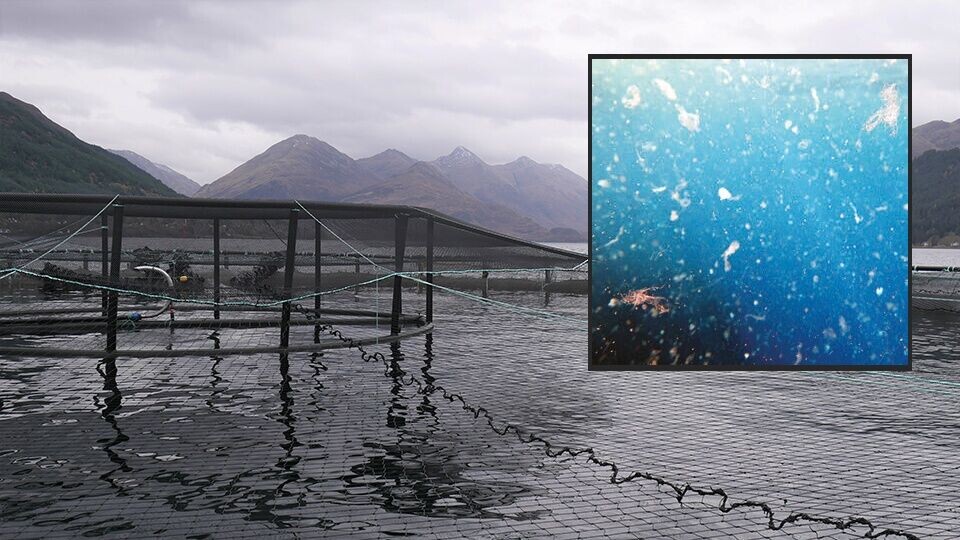
Study finds salmon fillets free from microplastics
A study by Mowi’s global R&D department prompted by concerns about plastic in the marine environment has found no microplastics in fillets of its farmed salmon.
In the study, fillet (Norwegian Quality Cut), liver, gills and the content in the gastrointestinal tract from farm-raised (Mowi North Atlantic salmon) and wild-caught salmon (caught on the Norwegian coast) were analysed to see if contaminants such as PCBs, dioxins, etc were attached to any microplastics the fish might have been ingesting.
Wild-caught fish had more contaminants than farmed salmon, a result which was expected due to differences in diet.
A variable but low number of microplastic particles were found in gills and in the gastrointestinal tract, but this was too low to conclude that there is a correlation with the levels of contaminants.
Increased water contamination
The study was reported in the March issue of Mowi Scotland’s staff magazine, The Scoop.
The report said inadequate management of plastic waste has led to increased contamination of freshwater, estuarine and marine environments. As a result, it was estimated in FAO’s 2017 report ‘Microplastics in fisheries and aquaculture’, that in 2010 alone between 4.8 million to 12.7 million tonnes of plastic waste entered the oceans.
“We take our responsibility to the environment and the fish in our care seriously and so we wanted to establish whether microplastics can be found in our salmon fillets,” said the report.
“Mowi Global R&D has recently completed a study on microplastics in farm-raised salmon, with the study showing that there are no microplastics in our salmon.”
Continued monitoring
The Scoop reported that testing “also found no evidence of microplastics in our fish meal and finished feed samples, however, there were findings of microplastic particles in fish oil samples. We will continue to monitor microplastics in our finished products and raw feed ingredients.”
The report concluded: “It isn’t just about doing everything we can to avoid microplastics being present in our salmon, we also have a duty to encourage minimal use of plastics throughout the workplace. We can all do our bit to reduce plastic use at home and at work and help prevent the contamination of our oceans.”























































